26 Apr 2025
When artificial intelligence (AI) deciphers "Suzhou" through algorithms, the output might be cobblestone bridges, classical gardens, or silk. But when a group of students "translates" the city through their five senses, the interpretation lies elsewhere—hidden in the cicadas' summer-like chorus of an unseasonably warm spring, the echoes of local dialects in alleyways, and even the texture of a fallen leaf.
On April 9, the "Translating Suzhou" art exhibition, curated by Dr Ye Tian, officially opened. Rejecting "standard answers," nine student creators transformed intimate experiences of Suzhou into a sensory translation experiment using visual art, soundscapes, and collages, inviting audiences into a cultural dialogue where human experience confronts algorithms.
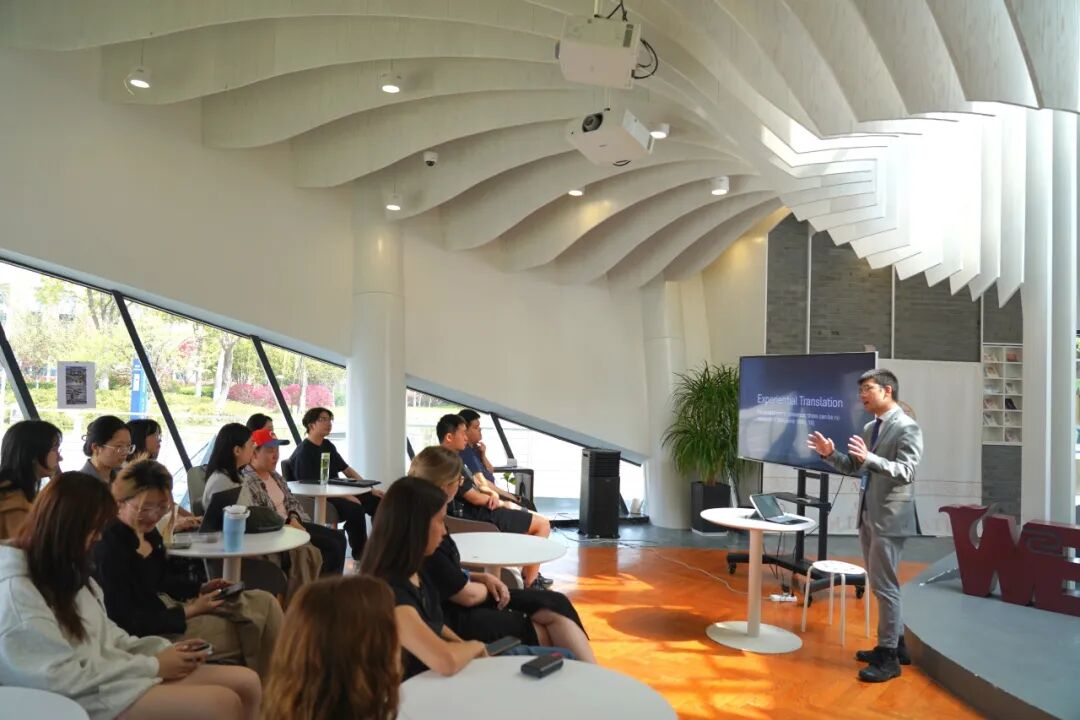
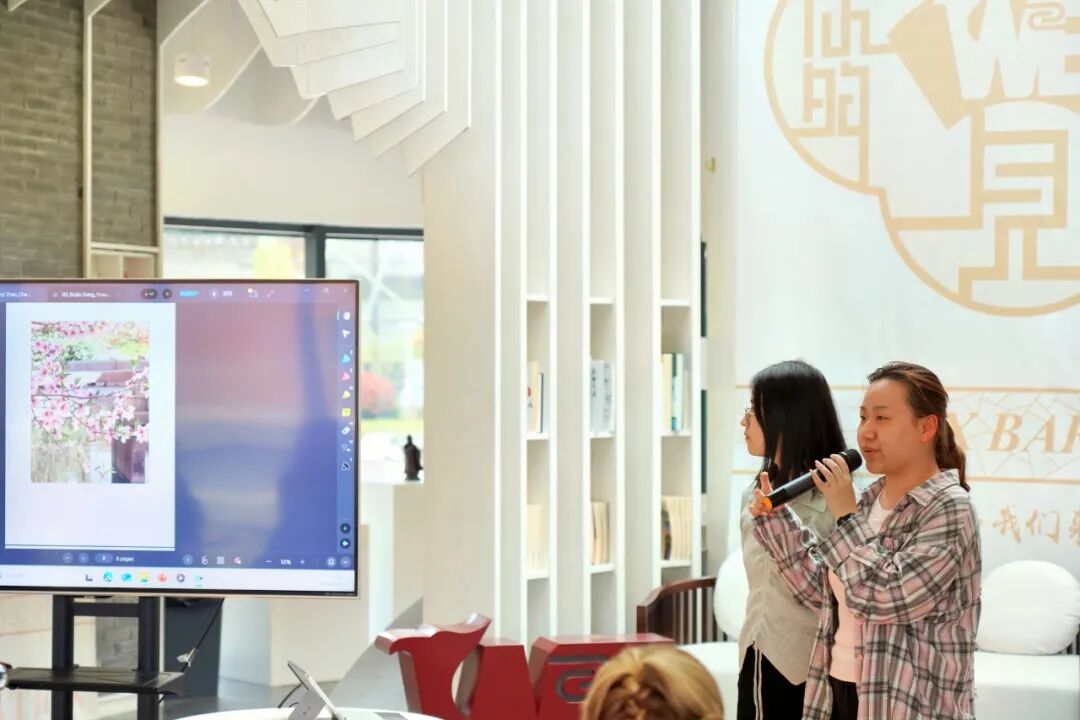
Curator's Vision: Translation as a "Triumph of Human Senses"
"If we asked DeepL to translate Suzhou, it would churn out cookie-cutter answers about gardens, silk, and Wu dialect—but that's not the translation we're after," explained Dr Tian.
He defines the exhibition as a laboratory for "experiential translation": "The core of human translation lies in the sensation of grass underfoot, the scent of the air duringplum rain season. These experiences can never be replicated by AI."
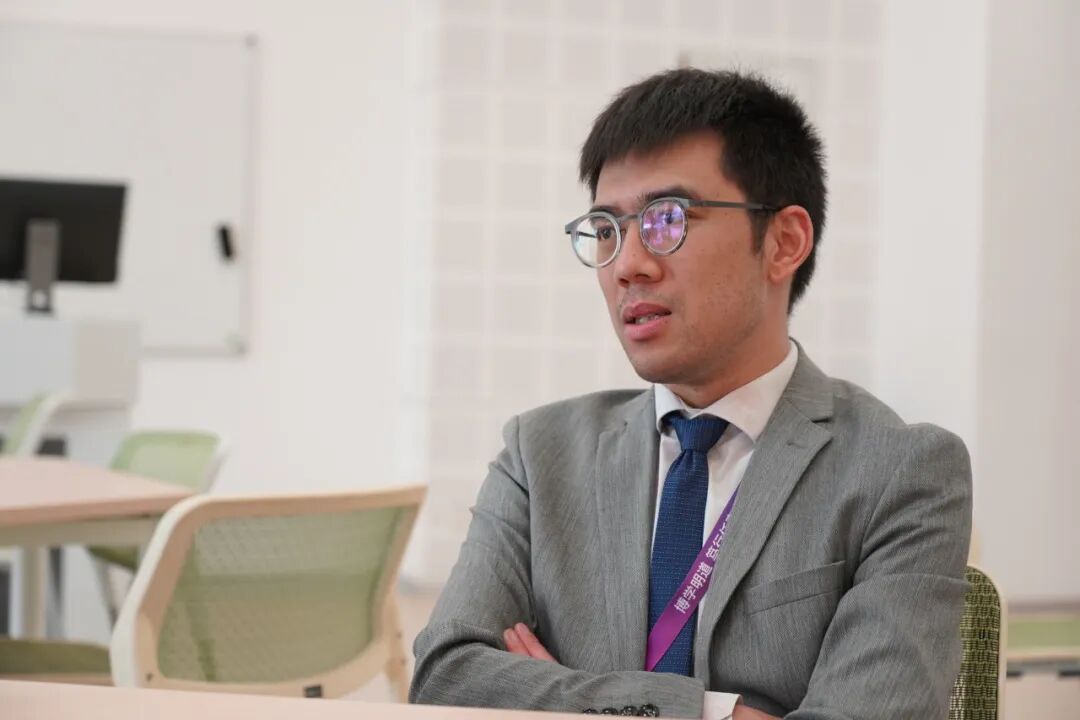
The structure of the exhibition was thoughtfully designed in three phases : first, to disrupt students' habitual perceptions of the urban environment, second, to reconstruct their memories of the city through creative writing and sensory documen-tation, and finally, to transform these abstract experiences into tangible artworks. " We're not just carriers of text", Dr Tian emphasized, —"We let the body become the point of departure for translation."
Interactive Design: From "Blank Canvas" to Co-Creation
At the exhibition entrance, a blank canvas fills with visitors' handwritten "sensory notes" in colored markers: "Diesel fumes from moat tour boats," "Taro milk tea aroma on Guanqian Street." This is Dr Tian's "meaningless writing" interactive piece: "Humans assign meaning to symbols, just as translation always carries subjective imprints."
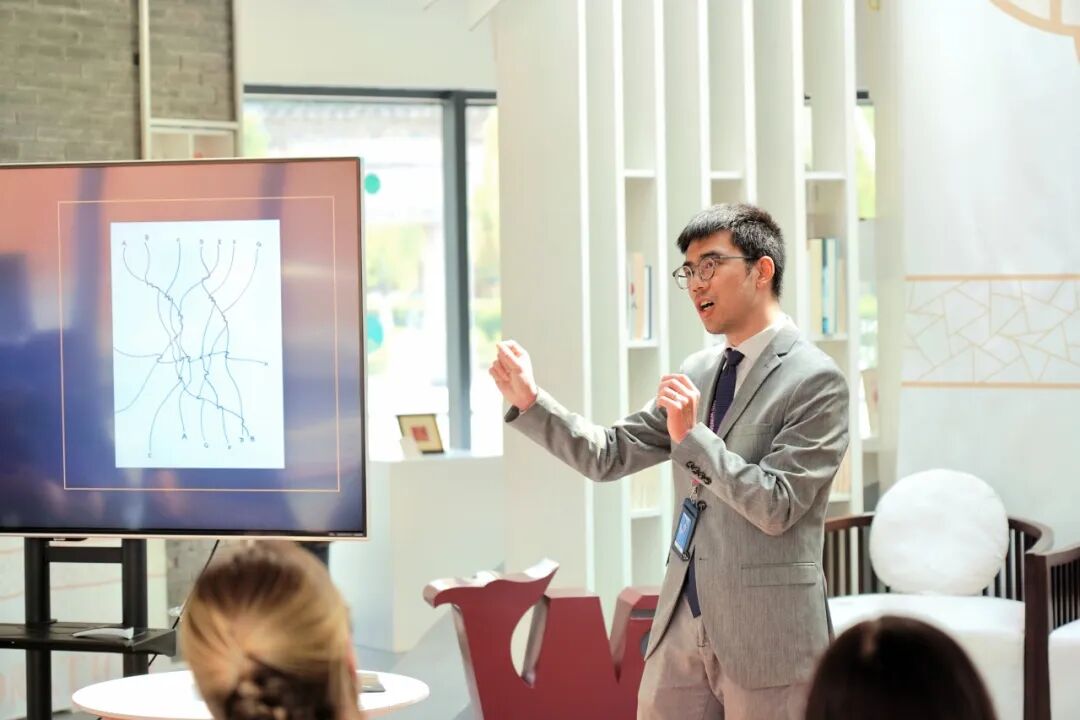
Italian Students’ Fluid Perspective: "A City of Five Senses"
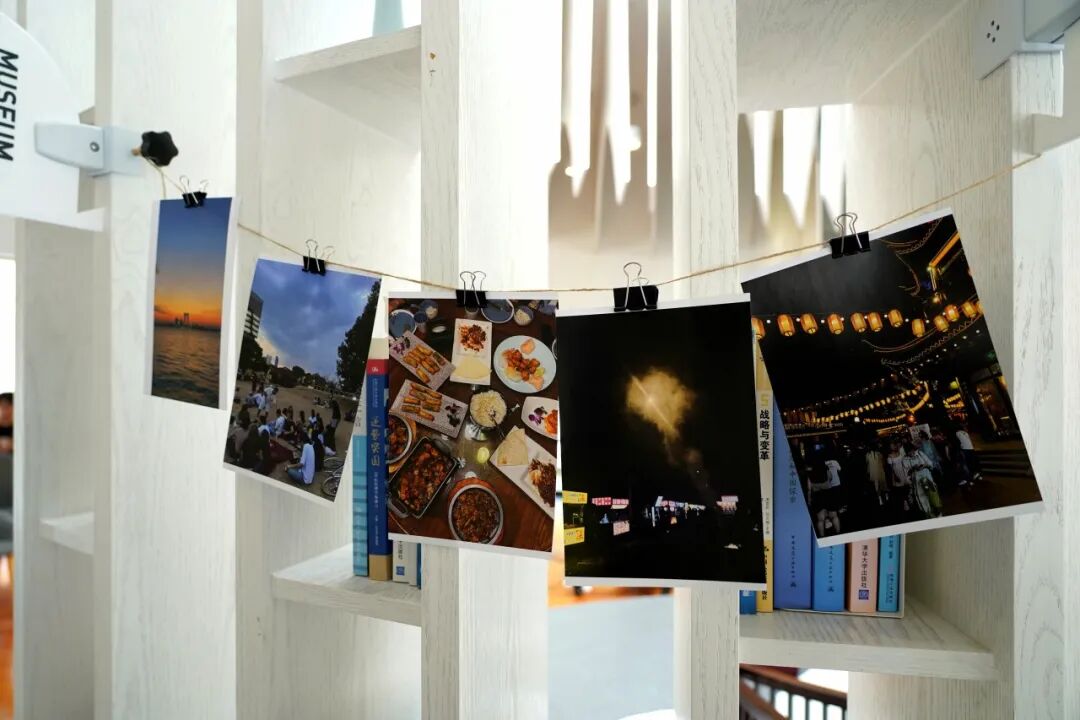
"We approached Suzhou not as locals, but as as exchange students and foreigners trying to feel our way into the city" explained an Italian participant. Positioning themselves as "cultural nomads," they reimagined Suzhou through sensory impressions rather than vocabulary. One work juxtaposed the clinking of pingtan (Suzhou ballad) instruments with the robotic "Scan to ride" alerts of shared bikes. Another captured communal dining scenes: "In China, sharing dishes on round tables feels like a cultural performance. We wanted to translate this through taste and social rituals."
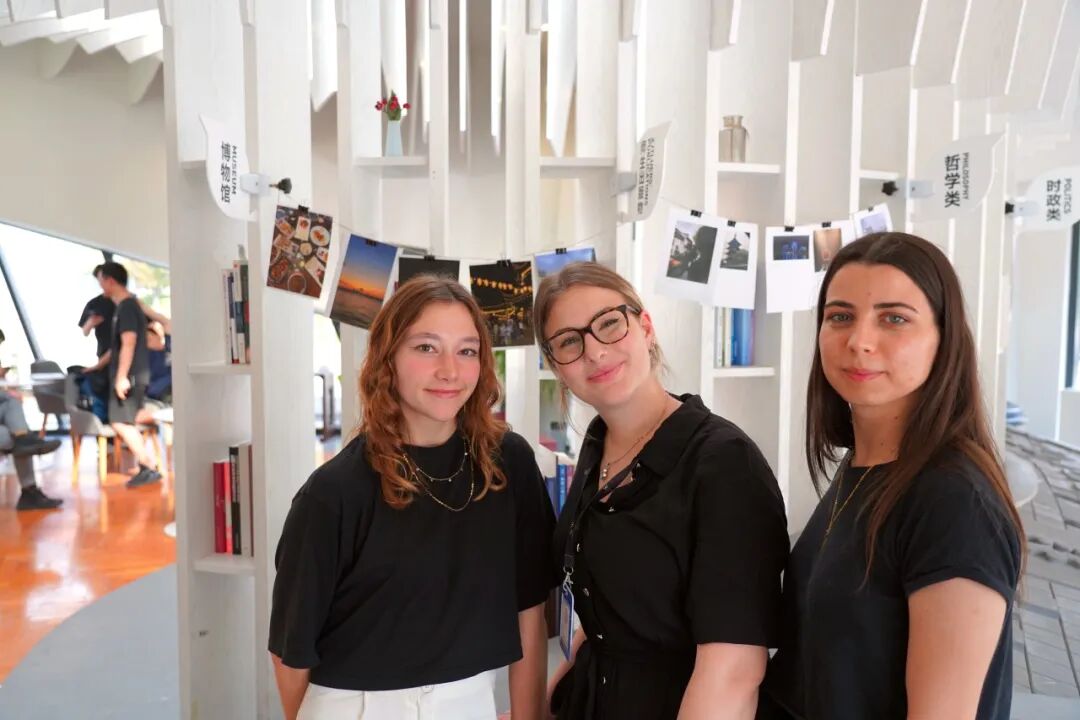
Their most personal piece explored the "Gate of the Orient" skyscraper: "Watching sunsets there, 9,000 km away from home, we felt connected to Rome."
Translation isn't just about words—it's about finding bridges between cultures."
Chinese Students' "Decoding Suzhou's Voice"
A Chinese student team tackled the core challenge of cultural untranslatability. "Real translation isn't rendering 'osmanthus cake' as 'old mice cake,'" one creator noted.
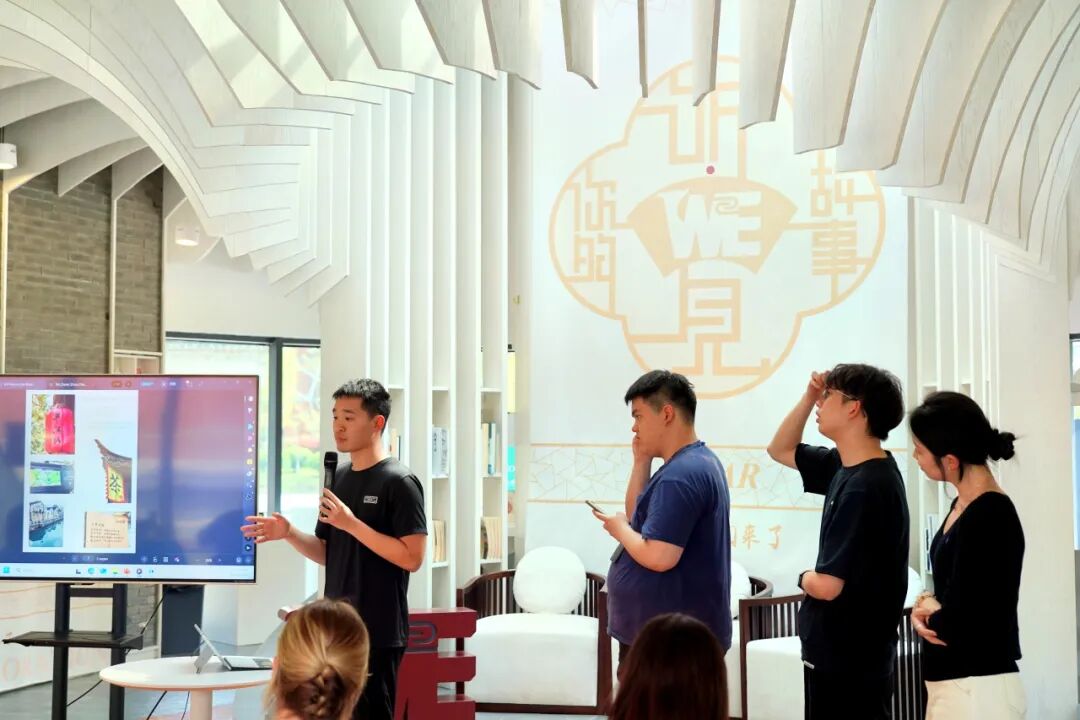
Their work on Pingjiang Historic District fused architectural photography with sound recordings of cobblers' hammers, fried-dough vendors' calls, and sudden smartphone rings. "To translate a city, you need more than words—you need lived experience," they emphasized. "
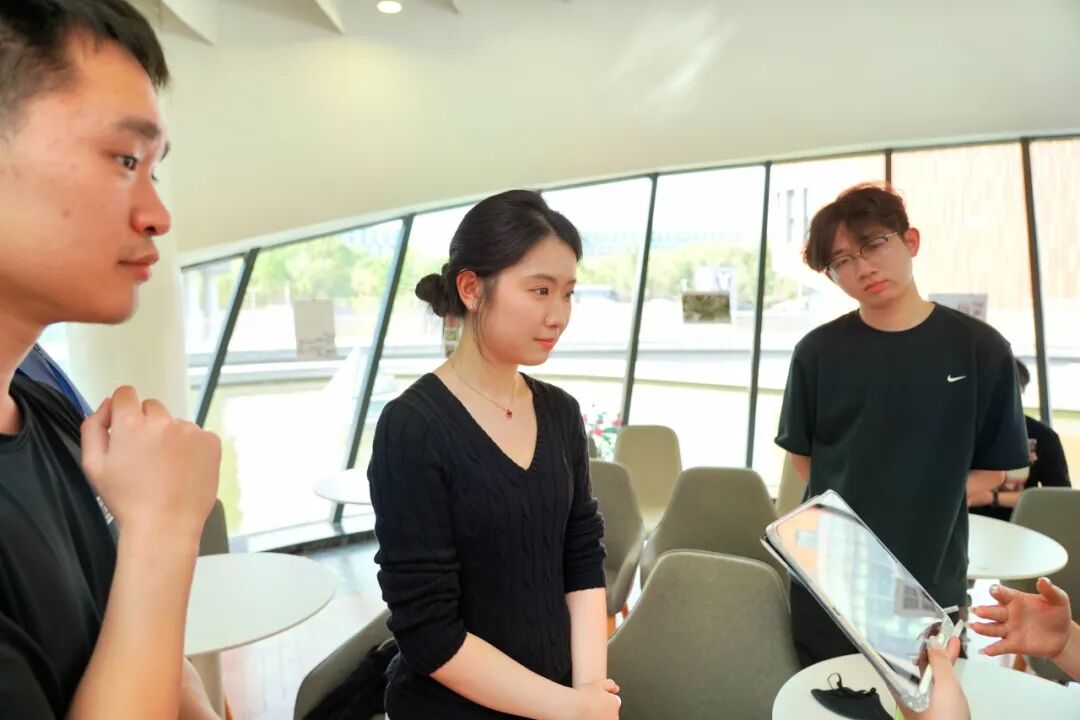
Audience Reactions: From Spectators to Co-Translators
"Translation isn't just about dictionaries after all," remarked a first-year student from BA Translation and Interpreting.
Another visitor lingered at "Poetic Pingjiang", a piece reimagining the commercialized district through lyrical English captions: "I used to find Pingjiang Road overly touristy, but this makes me see 'poetry hidden in chaos.'"
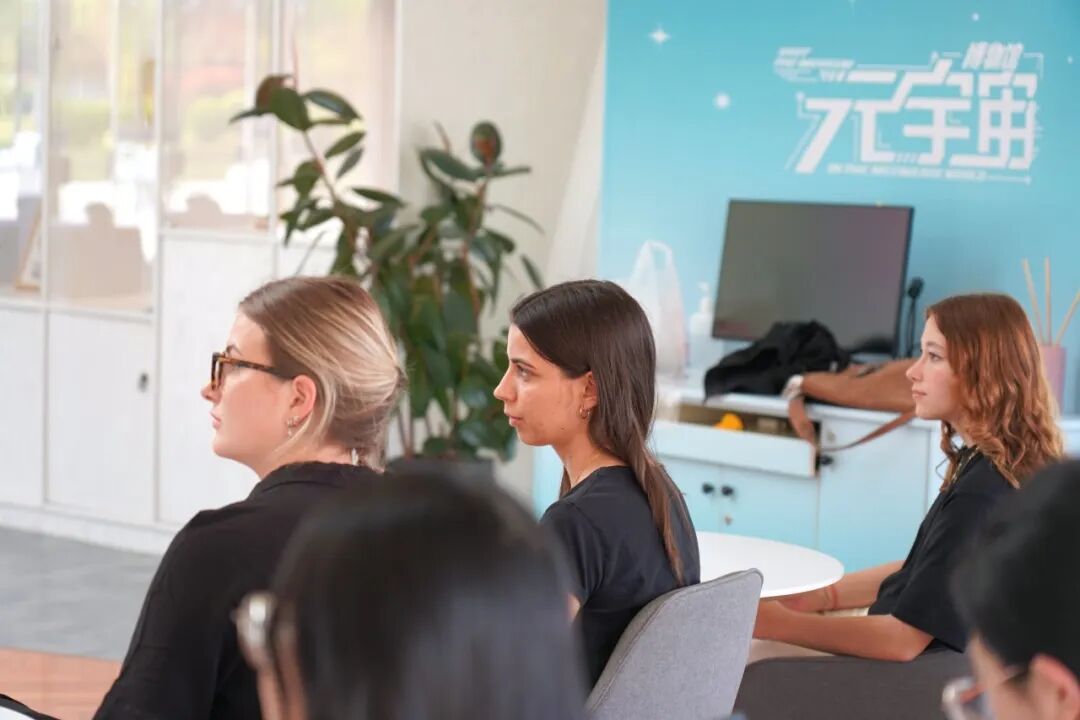
Epilogue
"As AI continues to deconstruct the world into patterns and probabilities, these young creators measure Suzhou with their body's warmth. They prove that true translation lives not in dictionaries, but in the heat of spring, the acoustic fingerprints of alleyways, and the gaze of cultural outsiders.
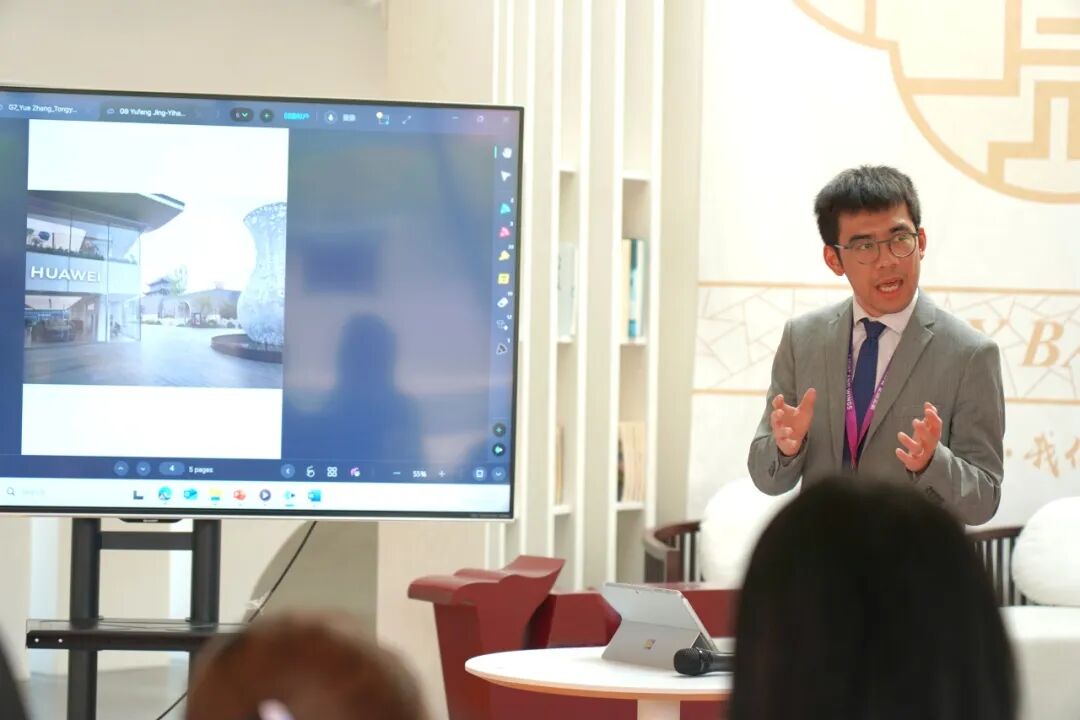
In an age of mechanical reproduction, perhaps we all have a role to play—as the next translator around the corner, preserving the world's poetry in our own human terms." Dr Zhiwei Han, Programme Director for BA Translation and Interpreting, remarked at the opening ceremony.
Reporter: Aojun Liu, Yutong Wu
Photographer: Yutong Wu
Editor: Yiyi Gu
Proofreader: Wan Hu, Zhiwei Han
26 Apr 2025








